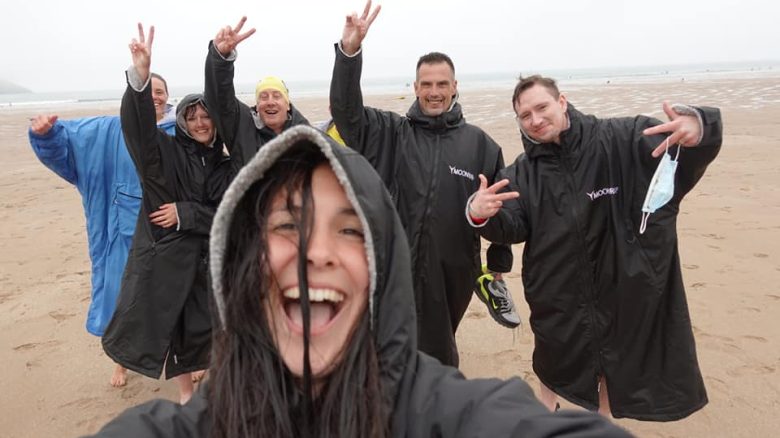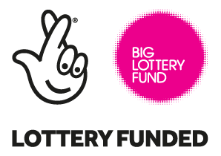Volunteer with us as a Recovery Coach

All three of our Teams across Devon
Newton Abbot, Exeter and Barnstaple
N/A
Local Community Development Lead
Minimum of 6 hours per week, Maximum of 16 hours
Brief Description of the Project:
Together is a Drug and Alcohol Community Support Service. We cover the whole of Devon, minus Plymouth and Torbay. We have a large team that includes Community Development, Recovery Workers, Nurses, Prescribers, Volunteer Roles and much more. We offer support for those have issues with their drug and/or alcohol use from point of referral to achieving their own goals. We have several pathways within our service that include structured group work, psychosocial interventions, prescribing, needle exchange, detox and outdoor peer activities.The Recovery Coach role is a vital part of the support Together offer. Even when someone has met their treatment goals and are in a position where they are ready to leave the support of our service, it can be really daunting to leave. The Recovery Coach role is part of our core pathway and offers the people we support 10 weeks of support from a Recovery Coach to support the transition from Together to the rest of their lives.
Purpose of the Role:
With your own recovery, you are an ‘expert by experience’, in this role you will offer support to others and help them to see that recovery is not only possible, it is likely. As a recovery coach you will be actively and authentically engaged with your own recovery and the wider recovery community around you.
The role will involve you being partnered with specific individuals who are at an earlier stage of their recovery and by using your own experience and knowledge of recovery, you will support these individuals to progress with their own journeys. This doesn’t mean that what worked for you, will work for them directly, but it does mean that with your skills and understanding of what’s available in your recovery community, you are able to explore all recovery options that are open to your coachee.
This role is more in depth than the Peer Mentor role as it involves completing a Level 3 Accredited course to be able to start and required the Recovery Coach to work 1-2-1 in the community with their Coachee, responsible for their support for 10 weeks before they are closed from Together. This is a fantastic opportunity for development for anyone who has a minimum of 12 months in stable Recovery. A huge amount of support, training and coaching is offered to successful candidates to ensure you have all the skills and knowledge you need to be able to successful in your role.
Key Activities of this Role:




As of 1 July EDP fully merged into its parent charity Humankind.
Humankind is a company registered in England.
Registered Company No. 182 0492 and a Registered Charity No. 515755, VAT No 334 6763 43
Copyright 2022